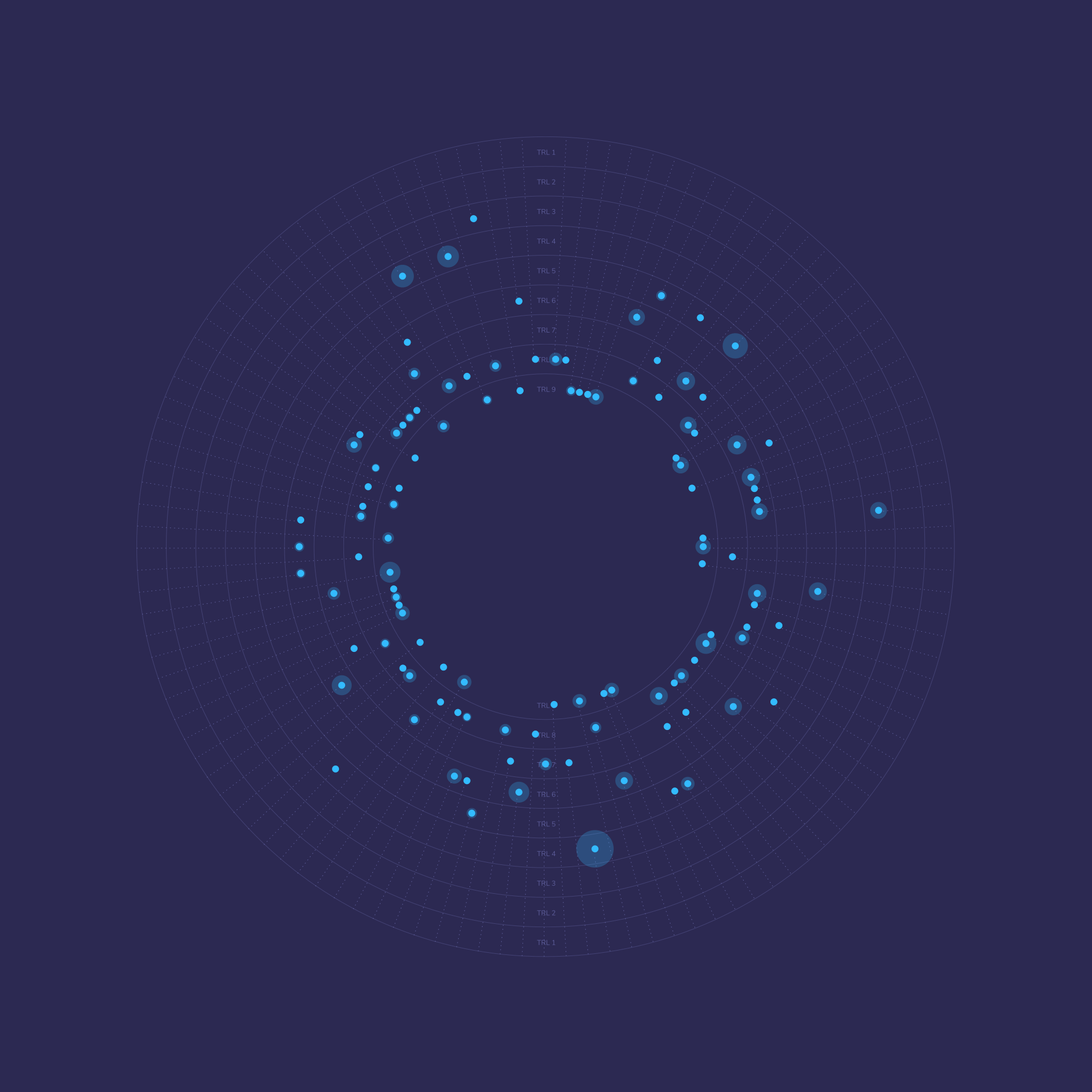Circular Packaging Platform
Alex Turner
Tenmay Inc. @ stock.adobe.com
Circular Packaging Platforms seek to promote circular behavior and the Regenerative Economy by eliminating single-use food and beverage packaging. This business model enables consumers to buy products inside reusable packaging, which are then returned after use to be sanitized and reused. Each packaging is designed to become a durable container made from metal, glass, or more resistant and sustainable plastic.
Customers can make purchases and place orders on a cloud-based platform or mobile app. Following consumption, the user throws the non-sanitary empty container into a reusable bin, distributed in local supermarkets or other points. When the bin is full, a pick up is requested. All packages are then cleaned and sent back to the manufacturer or local producer for refilling. Machine Vision Waste Sorting could be used to sort the empty containers for washing and refilling in dedicated facilities.
The package is never purchased by the consumer but returned to the producer for sanitation. In this business model, packaging shifts from an additional cost, and unnecessary purchase, to becoming a lending product from the selling platform to the customer. If desired, the empty package could even trigger new orders of the same product associated with a subscription system, or in time, orders may become automated, with Anticipatory Shipping predicting precisely when a customer will place an order.
Some circular packaging models charge a deposit for the container, a value which is fully returned to the consumer when the package is deposited at pick-up spots or periodically picked up at home by a representative.
Case Studies
Returnr Marketplace: A Melbourne-based membership service delivering liquor, groceries, and premade meals in reusable packaging, with empty packaging collection & washing service.
McDonald's partnered with TerraCycle’s circular packaging service Loop to pilot reusable packaging in selected restaurants in the UK. Customers will be able to choose a Loop cup for a small deposit which will be refunded when the customer returns the cup to participating restaurants. The cups will be safely washed through the Loop system to be reused again.
Loop has partnered with many well-known brands, including Procter & Gamble, Nestlé, PepsiCo, Unilever, Walgreen, and Tesco, to supply packaging designed for 100 or more uses. Customers are able to purchase products from the e-commerce platform, with a 100% refundable deposit for the packaging. Products are delivered in a reusable tote, which can then be used to return the empty containers. A delivery driver will collect the tote, returning empties to a facility to be washed and refilled.
Future Perspectives
This practice has shown positive results with non-perishable food and cleaning, personal hygiene, and beauty products, mostly from large multinational brands. There are also pilot projects that deliver fresh food, and the packaging belongs to the delivery service, showing a new kind of business model with potential for local developments.
As consumers adopt more circular behaviors and brands offer circular packaging services, this could become the new normal for many products. Supermarket chains and other distribution players could offer this kind of service, supporting global climate goals, preventing waste, and reducing the use of fossil byproducts. These platforms could be gamified in the future through Gamification, and users could receive points or unique benefits as a reward for their behavior.
